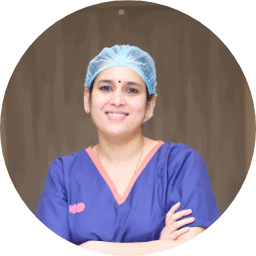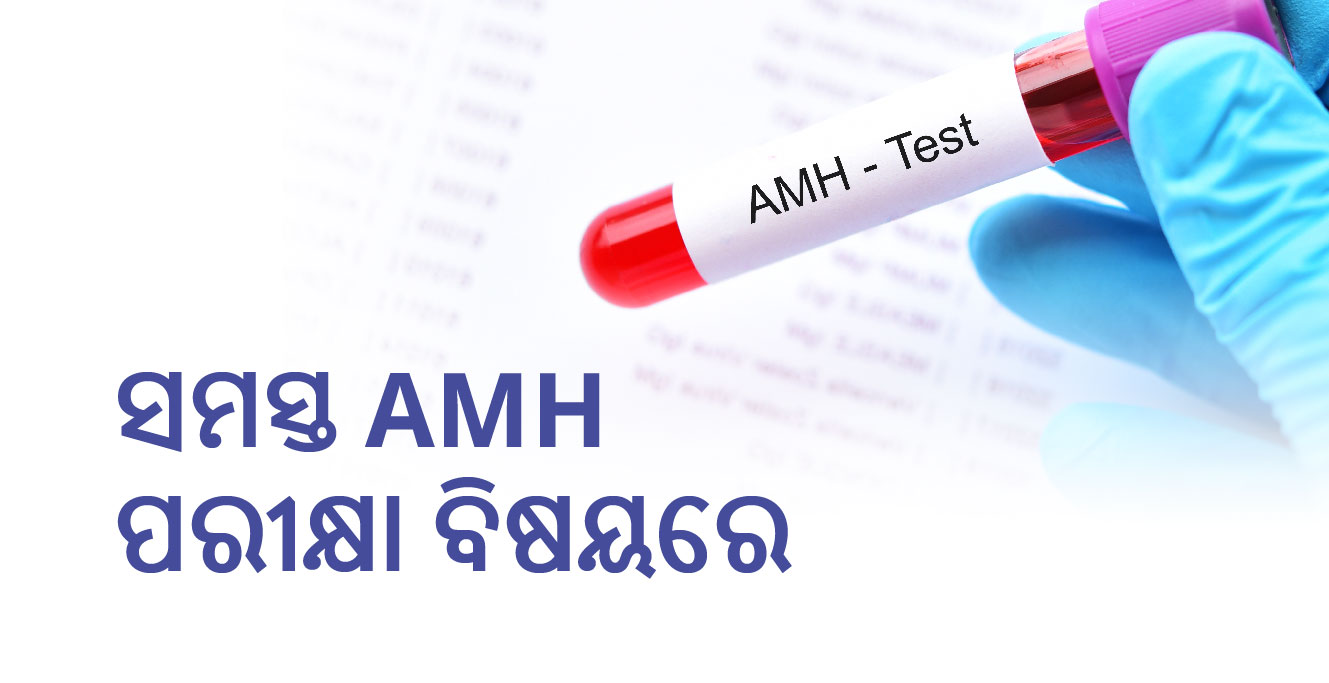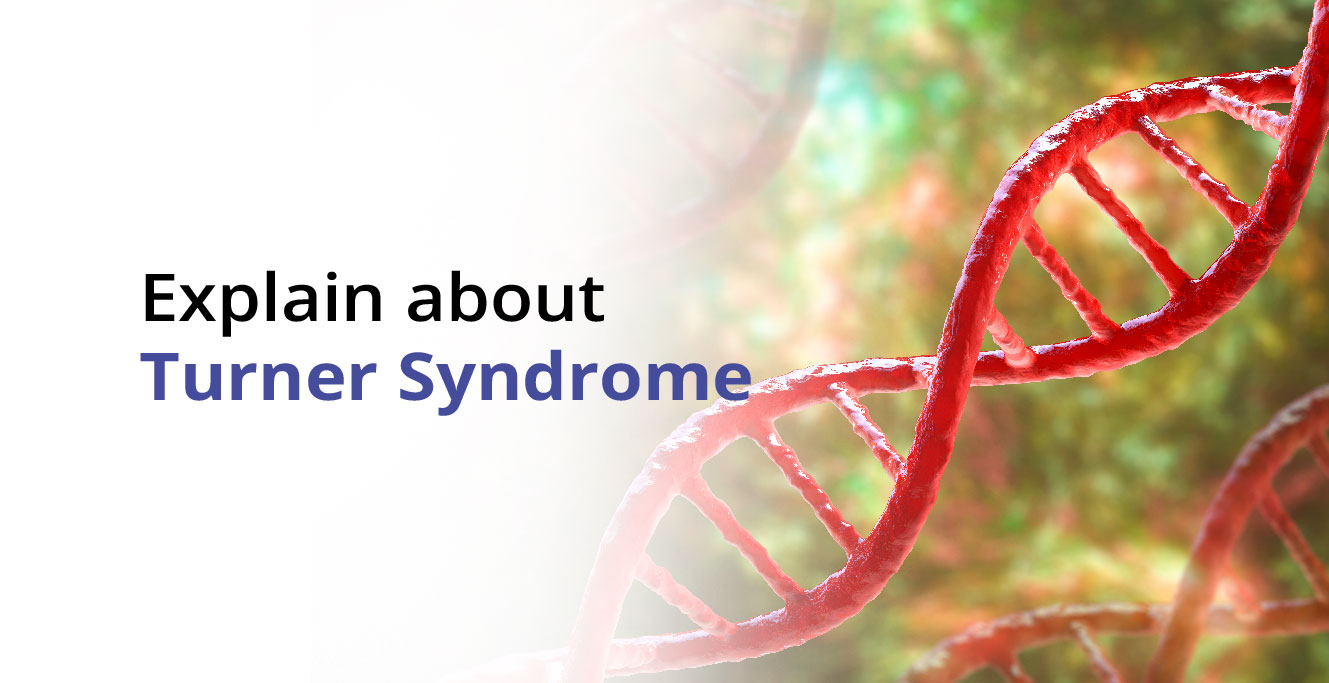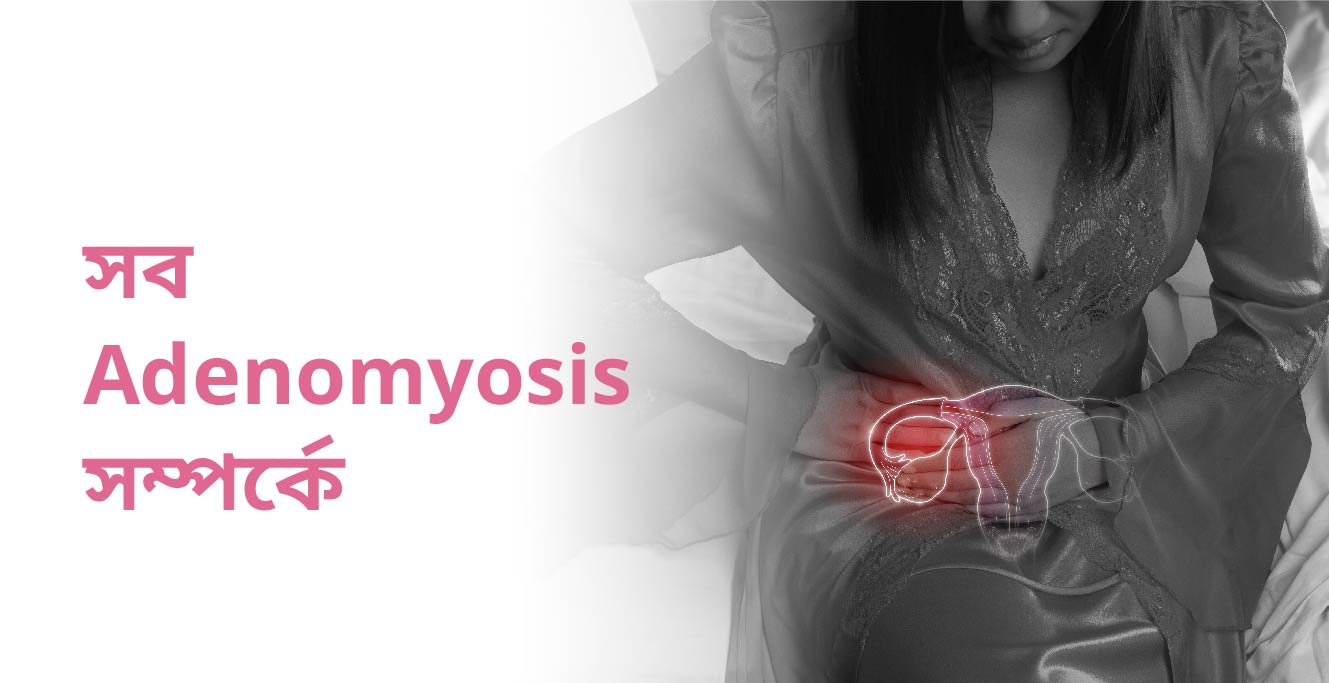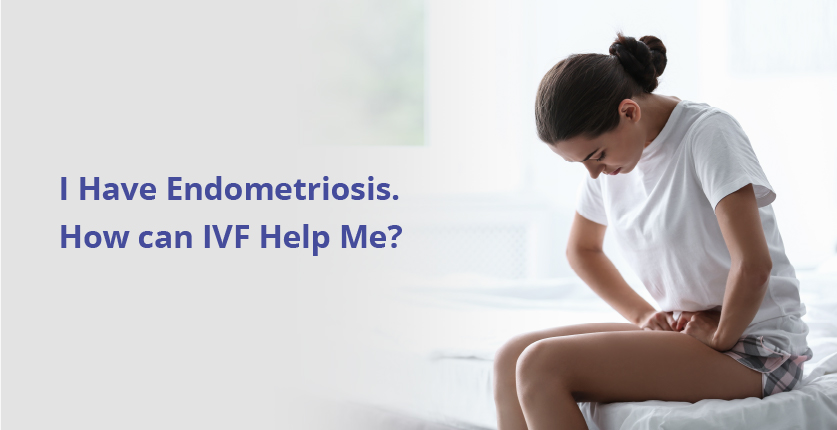
Your Guide to Understanding Endometriosis
For a large variety of women, pregnancy is not as easy and smooth. There are many issues that can prevent a woman from conceiving naturally. One of such gynaecological issues that hamper the reproductive potential of a woman is endometriosis. Endometriosis is a major cause of female infertility. Nearly 25 million women in India suffer from this condition.
In this article, Dr Prachi Benara talks about everything you need to know about this condition including endometriosis symptoms, causes and treatment.
What is Endometriosis?
Endometriosis is a disorder in which tissue, which is similar to the tissue lining the inside of the uterus (called the endometrium), grows outside the uterus. It commonly involves the ovaries, fallopian tubes, and the lining of the pelvis. It rarely spreads beyond the pelvic organs.
The endometrium (the tissue lining the inside of the uterus) thickens, breaks down, and bleeds with each menstrual cycle. The endometrial-like tissue caused by endometriosis causes the same to happen but because there is no way for it to exit the body, it becomes trapped. Cysts are a common consequence of endometriosis involving the ovaries. Surrounding tissue can become irritated, eventually developing scar tissue and adhesions which are abnormal bands of fibrous tissue that can cause pelvic tissues and organs to stick to each other.
Endometriosis can cause pain, sometimes severe, especially during menstruation. This can also lead to fertility problems.
Also, read about shukranu
What are Endometriosis Symptoms?
Women experience endometriosis symptoms differently, from mild to severe. The most common symptom is pelvic pain, typically experienced during periods. This pain is usually more severe than cramping which is commonly experienced by women during their menstrual period.
Common endometriosis symptoms include :
Painful Periods : Pelvic pain and cramping may begin before and extend several days into the menstrual period. There can be pain in the lower back and abdomen.
Painful Intercourse : Pain during or after sex is a common symptom.
Painful Urination or Bowel Movements : This is typically seen during menstruation. Women living with endometriosis can feel pain while passing urine or stool.
Excessive Bleeding : It is not uncommon for women suffering from endometriosis to have heavy bleeding during menstruation and even in between periods.
Infertility : Sometimes, the symptoms are not as severe and can be missed or overlooked. In such cases, endometriosis is first diagnosed in those seeking treatment for infertility.
Other symptoms include tiredness, diarrhea, constipation, bloating or nausea, especially during menstrual periods. It is important for you to get regular gynaecological examinations for your doctor to diagnose this condition and keep track of changes.
What are Endometriosis Causes?
The exact cause of endometriosis has not been ascertained but there are possible explanations as to why it is caused.
Incorrect Menstrual Flow : During menstruation, the blood needs to leave the body. However, sometimes, it flows backwards through the tubes and into the pelvic cavity. The scientific term for this is retrograde menstruation. The cells in the menstrual blood end up sticking to the pelvic walls and pelvic organs where they grow, thicken, and then bleed every period.
Hormonal Imbalance : Research seems to indicate that there exists a link between endometriosis and hormonal imbalance, specifically a dominance of estrogen.
Embryonic Cell Transformation : Hormones again may cause embryonic cells (cells in the earliest stage of development) to transform into endometrial-like cells. Embryonic cells line up the abdomen and the pelvis.
Scars from Surgery : The scars left behind after surgery, such as hysterectomy or C-section, are ripe spots for implantation of the endometrial cells leading to endometriosis.
Genetics : A family history of endometriosis could have a contributing effect.
Immune System : Usually, the immune system should recognize and destroy the tissues that cause endometriosis. However, due to an immune system disorder, this might not happen leading to endometriosis.
How to Treat and Diagnose Endometriosis?
The symptoms of endometriosis cause it to be often confused or misdiagnosed as ovarian cysts or pelvic inflammatory disease. An accurate and thorough diagnosis is required to approach endometriosis treatment.
Detailed History : Your doctor will note your symptoms, family history, and personal history. During the preliminary investigations, your doctor will assess your general health and ask a range of questions to rule out the possibility of other medical conditions.
Pelvic Examination :During a pelvic examination, your doctor will manually feel the abdomen for cysts or scars.
Ultrasound :Your doctor will use ultrasound imaging to produce images of the reproductive organs. This will help the doctor identify cysts associated with endometriosis. However, they may not be effective in ruling out the disease.
Laparoscopy : A laparoscopy is the “gold standard” for identifying and diagnosing endometriosis. Your doctor will order this test to confirm the presence of endometrial-tissue.
Endometriosis IVF Diagnosis : As mentioned before, endometriosis is often diagnosed when someone goes in for fertility treatment. Approximately, one-third to one-half of women with endometriosis have difficulty in conceiving a child.
Pregnancy happens when an egg which is released from the ovary is fertilized by a sperm. The egg released by the ovary travels through a tube called the fallopian tube. This tube is susceptible to be obstructed by endometriosis. This would prevent the fertilization of the egg. Further, endometriosis can damage the sperm or the egg and could cause sperm motility (refers to the movement of the sperm) to drop.
Fortunately, most women with mild to moderate endometriosis are still able to conceive and deliver a child. Doctors often advise that women with endometriosis do not delay pregnancy.
Also know about IVF treatment in Hindi
What are the Endometriosis Treatment Options?
Endometriosis treatment usually involves medication or surgery. The approach you and your doctor choose will depend on how severe your signs and symptoms are and whether you hope to become pregnant.
Pain Medication : Doctors may recommend over-the-counter pain relievers to help ease painful menstrual cramps. However, these aren’t effective in all cases. Your doctor may recommend hormone therapy in combination with pain relievers if you’re not trying to get pregnant.
Hormone Therapy : Hormone therapy works by providing supplemental hormones which slow down the tissue growth and break down. It also prevents new implants from the tissue. However, this is not a permanent fix with an onset of symptoms after treatment is stopped.
It helps to prevent the monthly growth and accumulation of the endometrial tissues. Hormonal therapy may be used to reduce or even eliminate pain.
Conservative Surgery : Hormonal therapy can hamper your pregnancy from occurring. Doctors often prescribe conservative surgery for women who want to get pregnant or experience severe pain and when hormone therapy is ineffective. The surgery can be done laparoscopically which is less invasive.
Hysterectomy with Removal of the Ovaries : The last-resort is for a total hysterectomy which involves removing the ovaries. During a total hysterectomy, the surgeon removes the uterus and cervix. They also remove the ovaries which produce estrogen which in turn causes growth of endometrial tissue. Pregnancy is not possible after hysterectomy.
Endometriosis IVF is sometimes used in conjuncture with other treatment when a woman wishes to treat the condition in order to conceive.
Summary
Endometriosis meaning is not as complex as it seems. It is considerably common condition and can be treated with clinical intervention at the right time. Most women become aware of endometriosis when they are trying for a baby. However, a regular gynaecological health checkup can also detect this condition much earlier.
To more about endometriosis treatment, visit Birla Fertility & IVF.

